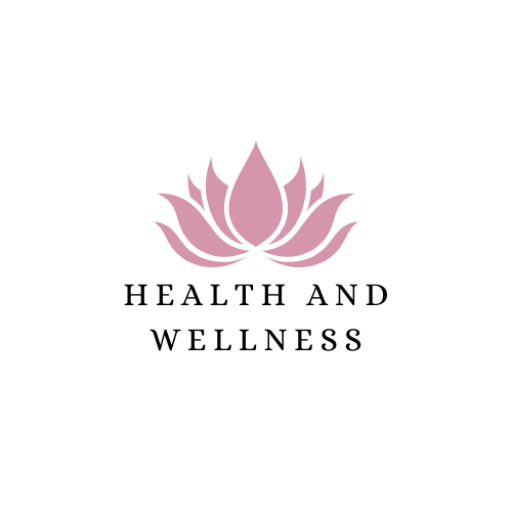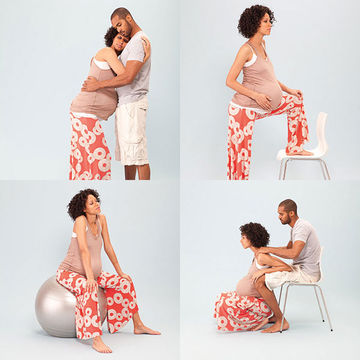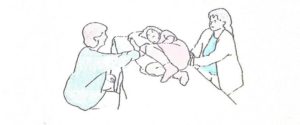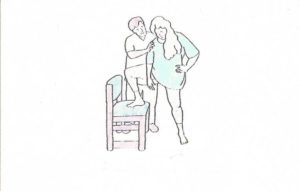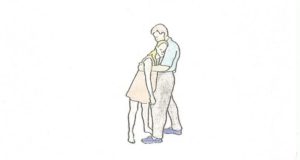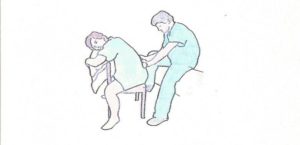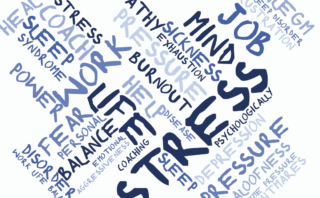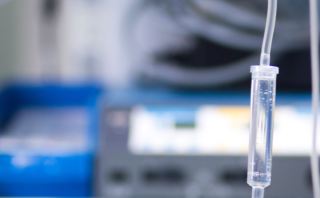These positions are all helpful for labor. Ask your Doula or other member of your labor support team to help!
Effective Labor Positions –
 Abdominal Lift
Abdominal Lift
- Best for mom’s with lax abdominal tone
- Takes pressure off back
- Improves position of the baby in the pelvis

Straddling Chair
- Good resting posture
- Access to back for counterpressure
- Some gravity advantage
- Straddling may help open pelvis

Standing, Leaning on Bed
- Gravity Advantage
- Open access for back massage
- Relieves back pain
- May help with rotation

Cat/Dog
- Encourages rotation of OP
- May help with back pain

Kneeling at Bedside
- Some gravity advantage
- Open access for back massage
- Helps relieve back pain
- Easier on joints than kneeling alone
- May help with rotation
Lateral Knee Press
- Helps relieve back pain for mom confined to bed (i.e. epidural)
- Provides some pelvic mobility
- May encourage fetal rotation
Sitting, Leaning on Tray Table
- Good resting posture
- Some gravity advantage
- Open access to back
Standing, Leg on Chair
- Gravity advantage
- Widens one side of pelvis
- Encourages rotation of OP
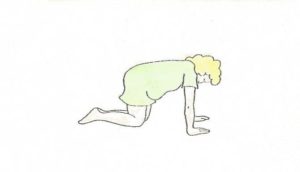
Hands and Knees
- Helps relieve backaches
- May encourage rotation of the baby
- Allows pelvic rocking/movements
- Open access for back massage
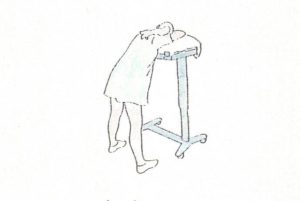
Standing, Leaning on Bed Tray
- Gravity advantage
- Open access for back massage
- More restful than standing alone
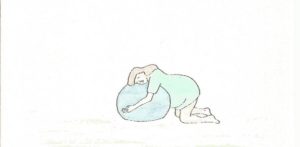
Kneeling With Ball
- Easier on joints than hands and knees alone
- Helps relieve backache
- May encourage rotation of the baby
- Open access for counterpressure
- Encourages mom to move/rock
Standing, Leaning w/Support
- Gravity advantage
- Encourages emotional closeness
- Contractions more productive
- Good alignment of baby
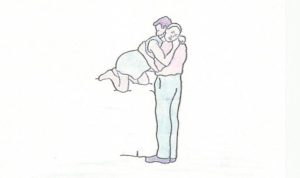
Kneeling on Bed w/Support
- Some gravity advantage
- Open access for back massage
- Helps relieve back pain
- Easier on joints than kneeling alone
- May help with rotation
- Encourages emotional closeness
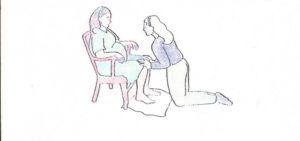
Knee Press
- Releases tension and pain in lower back
- Some gravity advantage
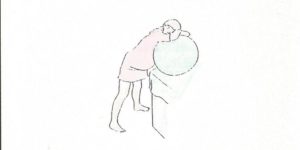
Standing, Leaning on Ball
- Gravity advantage
- Open access for back massage
- More restful than standing alone
- Encourages movement (swaying, etc.)
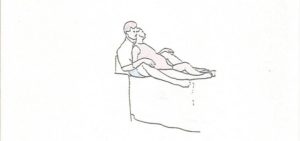
Semi-Sitting w/Partner
- Good resting position
- Some gravity advantage
- Encourages emotional closeness
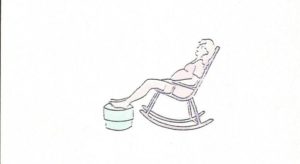
Sitting in Rocking Chair
- Good resting position
- Some gravity advantage
- Rocking may help pelvic mobility
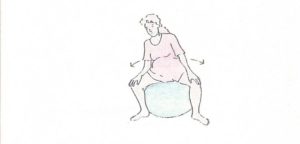
Swaying on Ball
- Some gravity advantage
- Swaying may help pelvic mobility
- More comfortable than sitting on a chair

Labor Dance
- Gravity advantage
- Swaying movement may help pelvic mobility
- Encourages emotional closeness
- Open access for back massage
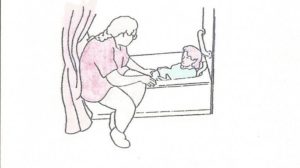
Tub/Jacuzzi
- Relaxing
- May reduce intensity of pain
- Avoid in early labor (may cause contractions to decrease/become irregular)
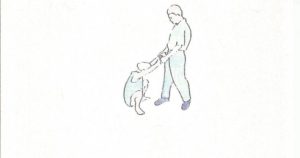
Squatting W/Partner
- May relieve back pain
- Good gravity advantage
- Widens pelvic outlet
- Enhances to maintain than unsupported squatting and involves partner
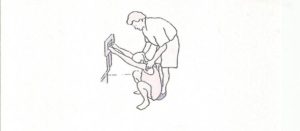
Squatting at Bedside
- May relieve back pain
- Good gravity advantage
- Widens pelvic outlet
- Enhances rotation and descent
- Easier to maintain than unsupported squatting and involves partner
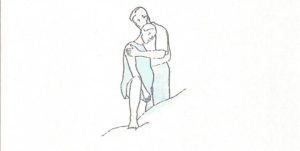
Asymmetrical Standing
- Gravity advantage
- Widens one side of pelvis
- Encourages rotation of OP
- Encourages emotional closeness
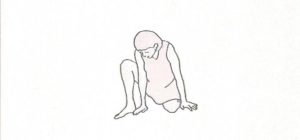
Asymmetrical Kneeling
- Some gravity advantage
- Widens one side of pelvis
- Encourages rotation of OP
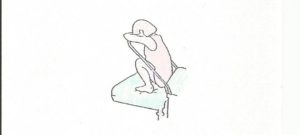
Squatting With Bar
- May relieve back pain
- Good gravity advantage
- Widens pelvic outlet
- Enhances rotation and descent
- Easier to maintain than unsupported squatting
Sitting With Countepressure
- Good resting posture
- Open access to back
- Some gravity advantage
- Straddling may help open pelvis
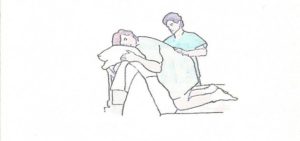
Kneeling Over Back of Bed
- Some gravity advantage
- Open access for back massage
- Helps relieve back pain
- Easier on joins than kneeing alone
- May help with rotation
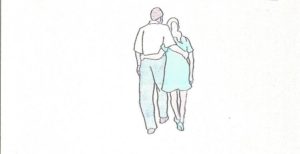
Walking
- Gravity advantage
- Contractions generally more productive
- Baby well aligned w/angle of pelvis
- Encourages rotation and descent

Sitting in Shower
- Good resting posture
- Some gravity advantage
- Open access to back
- Relaxing
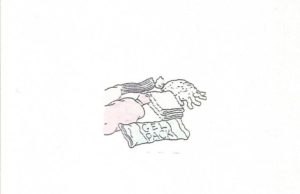
Helpful Tools
- May soothe intensity of pain
- May help regulate mom’s temp
- May aid in relaxation
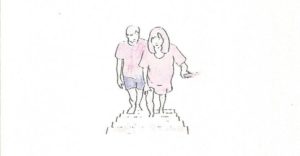
Climbing Stairs
- Gravity advantage
- Enhances rotation & pelvic mobility
- May speed labor more than walking
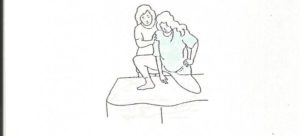
Kneeling Lunge
- Some gravity advantage
- Widens one side of pelvis
- Encourages rotation of OP
- Easier than standing lunge
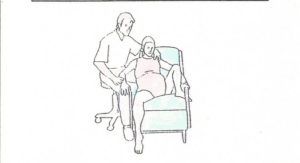
Asymmetrical Sitting
- Some gravity advantage
- Widens one side of pelvis
- Encourages rotation of OP
- Easier than standing or kneeling
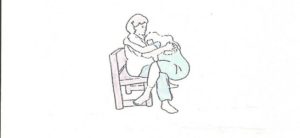
Lap Squatting
- May relieve back pain
- Good gravity advantage
- Widens pelvic outlet
- Enhances rotation and descent
- Easier to maintain than unsupported squatting and involves partner
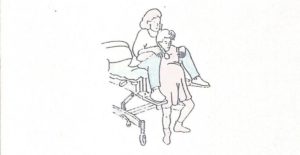
The Dangle
- May relieve back pain
- Good gravity advantage
- Widens pelvic outlet
- Enhances rotation and descent
- Easier to maintain than unsupported squatting, easier for partner
- Helps “elongate” trunk
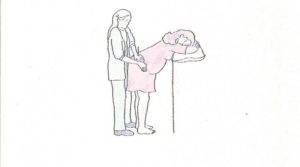
Standing w/Counterpressure
- Good gravity advantage
- Open access for counterpressure
- Mom has freedom to sway, move or rest
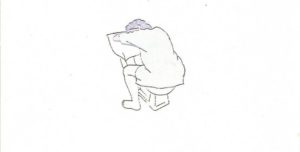
Sitting Backward on Toilet
- Resting posture
- Some gravity advantage
- Open access for back massage
- May help to relax the perineum
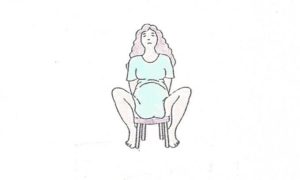
Squatting Stool
- Gravity advantage
- Requires less bearing down
- Upper trunk provides fundal pressure
- Feet on floor provides grounding
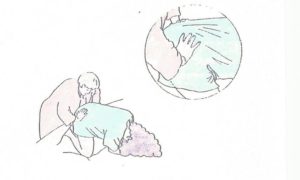
Double Hip Squeeze
- Releases pressure in sacrum
- May encourage rotation of the baby
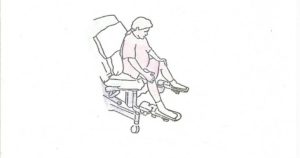
Upright Pushing
- Gravity advantage
- Requires less bearing down
- Upper trunk provides fundal pressure
- Easier than squatting stool
- Easier on care provider
Emotional Supports
- Ask her what she’s thinking during contractions
- Ask her if she’s worried about anything
- Remind her of the baby! (pain with purpose)
- Remind her the pain will end
General Tips
- Music can be soothing or uplifting
- Encourage snuggling/loving gestures with partner
- Reflect normalcy
- Stroking the hair/head is calming
- Hand on the forehead is centering
- Firm pressure to upper thighs may help calm tremors
- During pushing, help her keep eyes open
- Ask her if she wants to use a mirror
- Be patient
- Take care of your own bodily needs
- Use positive words (i.e., contractions are “powerful” vs “bad”)
- Offer a drink/ice after each contraction
- Offer a cool clot for her face/forehead often
- Remind her to empty her bladder
- Teeth brushing or mouthwash can berefreshing
- Buy time – take time with all rituals, activities
- Keep lips moist
- Remember touching and eye contact can sometimes say more than words
- No fingertips-touch with flat, firm hands
Emotional Supports
- Tell her not to fight it
- Tell her she is OK
- Acknowledge how hard it is
- Encourage her not to be afraid
- Encourage her to take one contraction at a time
- Tell her she is strong; she can do this
- Tell her she IS doing this
- Tell her what a good mother she is being
